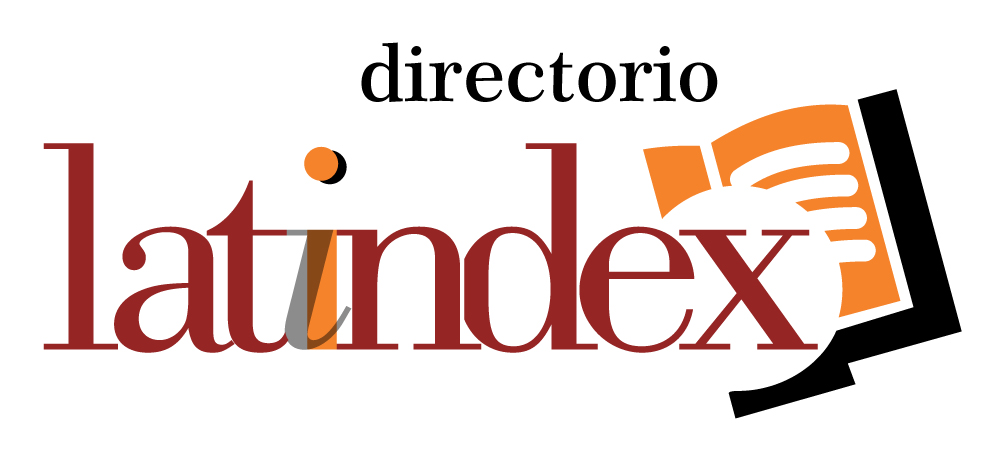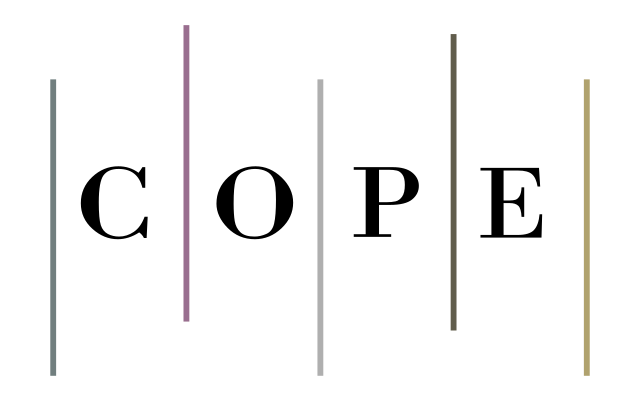Filosofia e literatura como práticas formativas
Bergson, Hadot e a escrita de Lispector
DOI:
https://doi.org/10.59780/bynv4823Palabras clave:
Filosofia, Literatura, Método, Intuição da Duração, Exercícios EspirituaisResumen
O presente artigo explora a contribuição de Henri Bergson e Pierre Hadot para a concepção da filosofia como prática formativa, destacando sua relação com a literatura, especialmente a obra de Clarice Lispector. Para isso, investigaremos o problema do método, que partirá da seguinte questão: como a intuição bergsoniana e os exercícios espirituais hadotianos podem contribuir para uma concepção filosófica que transcenda a teoria e influencie a experiência? Em seguida, serão apresentados os projetos filosóficos dos dois autores: Hadot concebe a filosofia como exercício espiritual, e Bergson propõe a intuição como modo pleno de conhecimento. Por conseguinte, um diálogo poderá ser estabelecido, com destaque para o papel formativo do saber filosófico, defendido por ambos. Nesse sentido, enquanto Hadot enfatiza os exercícios espirituais na vida ordinária, Bergson revela um método focado na experiência intuitiva do real. Nesse contexto, a literatura, representada pela escrita de Lispector, será abordada como um meio de expressão filosófica que requer do leitor uma postura intuitiva e reflexiva, aproximando-se das práticas propostas pelos autores. A distinção entre filosofia e literatura como práticas formativas será problematizada, explorando os caminhos pelos quais cada uma contribui para a discussão. Por fim, refletiremos sobre a incorporação dessas práticas à nossa vida, na compreensão da leitura como experiência capaz de moldar o pensamento e promover uma vivência plena e integral.
Descargas
Citas
ADLER, Mortimer; VAN DOREN, Charles. Como ler livros: o guia clássico para a leitura inteligente. Trad. Edward H. Wolff e Pedro Sette-Câmara. São Paulo: É Realizações, 2010.
ALMEIDA, Fábio Ferreira de. Pierre Hadot e os exercícios espirituais: a filosofia entre a ação e o discurso. Aurora, v. 23, n. 32, p. 99–111, 2011. https://doi.org/10.7213/rfa.v23i32.1750.
BERGSON, Henri. A evolução criadora. Trad. Adolfo Casais Monteiro. São Paulo: Unesp, 2010.
BERGSON, Henri. O pensamento e o movente. Trad. Bento Prado Neto. São Paulo: Martins Fontes, 2006.
BOSI, Alfredo. História concisa da literatura brasileira. 44ª ed. São Paulo: Cultrix, 2015.
HADOT, Pierre. Exercícios espirituais e filosofia antiga. Trad. Flavio Fontenelle Loque e Loraine Oliveira. São Paulo: É Realizações, 2014a.
HADOT, Pierre. O que é a filosofia antiga? Trad. Dion Davi Macedo. 6ª ed. São Paulo: Loyola, 2014b.
HADOT, Pierre. O véu de Ísis: ensaio sobre a história da ideia de natureza. Trad. Mariana Sérvulo. São Paulo: Loyola, 2006.
LISPECTOR, Clarice. A paixão segundo G.H. Rio de Janeiro: Rocco, 2020.
LISPECTOR, Clarice. Perto do coração selvagem. Rio de Janeiro: Rocco, 1998.
PINTO, Tarcísio Jorge Santos. A crítica bergsoniana ao método filosófico tradicional – repercussões epistemológicas, éticas e educacionais. Poiésis, v. 4, n. esp., 2011. https://doi.org/10.19177/prppge.v4e0201139-52.
SAMPAIO, Evaldo. Intuição e exercícios espirituais. DoisPontos, v. 14, n. 2, 2017. https://doi.org/10.5380/dp.v14i2.54616.
WORMS, Frederic. A concepção bergsoniana do tempo. Trad. Débora Morato Pinto.
DoisPontos, v. 1, n. 1, p. 129-49, 2005. https://doi.org/10.5380/dp.v1i1.1922.
Descargas
Publicado
Cómo citar
Número
Sección
Licencia
Derechos de autor 2025 Rayssa Medeiros

Esta obra está bajo una licencia internacional Creative Commons Atribución-NoComercial-SinDerivadas 4.0.









